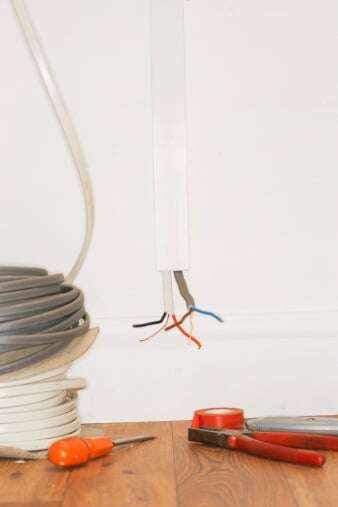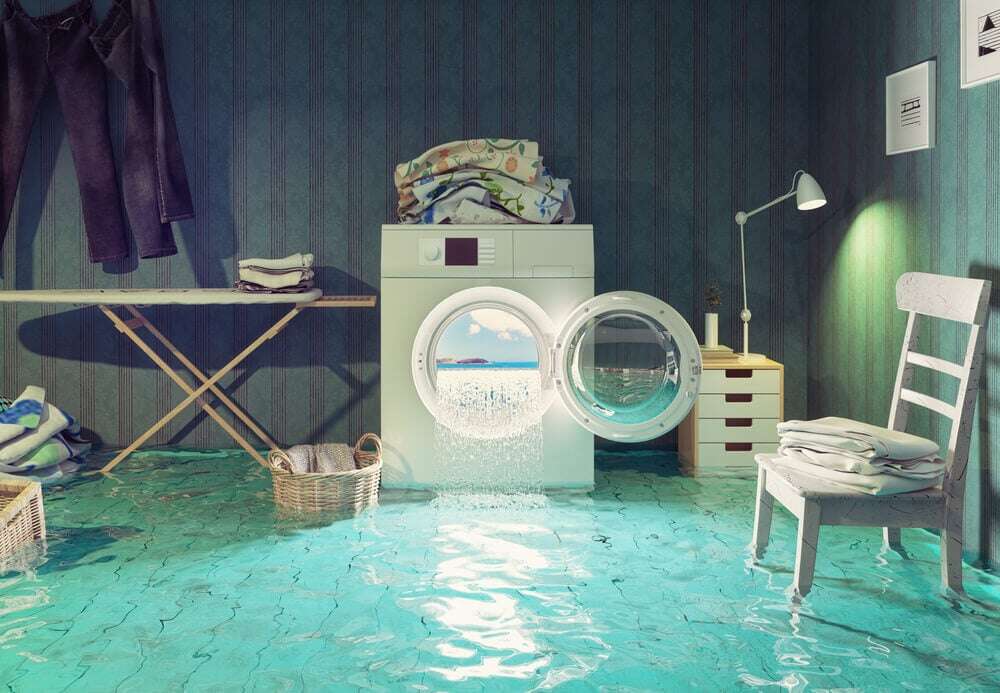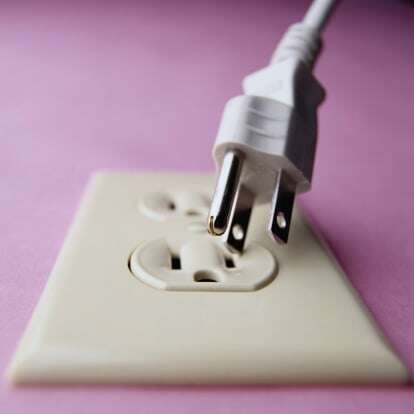 Power outages happen from time to time, and as we’ve seen recently in Northern California they seem to be happening a lot more during fire season to reduce the risk of wildfires. Whatever the cause, and whatever the time of year, it’s good to know what to do when the power goes out.
Power outages happen from time to time, and as we’ve seen recently in Northern California they seem to be happening a lot more during fire season to reduce the risk of wildfires. Whatever the cause, and whatever the time of year, it’s good to know what to do when the power goes out.
First, Prepare for a Power Outage
The first thing to do before the next power outage is to create an emergency kit with the essentials to have around when there is no power. PG&E has a great list here. On it they include items such as these:
- Drinking Water
- Food
- Tools and Utensils
- Baby and Pet Food
- Flashlights
- Extra Batteries
- Radio
- Mobile Phone
- First Aid Kit
- Medications and Glasses
- Blankets and Clothing
- Toiletries
- Activities for Children
- Cash and Credit Cards
- Important Documents
- Paper Towels, Trash Bags, Multi-Purpose Tool
If you know a power outage may be coming, make sure and charge your mobile devices. Store your refrigerated food in a cooler on ice if the power outage lasts more than 4 hours (the maximum amount of time items in the fridge will stay cold). Items in a freezer should stay frozen for 24-48 hours if you're not opening the door.
What to Do During a Power Outage
Here are some things to do during a power outage:
- Unplug appliances and electronics to avoid damage when the power comes back on. Sometimes there is a surge of electricity that can damage these items.
- Only use generators, camp stoves and grills outside.
- Leave one single lamp on so you know when the power returns.
- Use your cooler with ice for food safety, especially if the power outage lasts more than 4 hours.
- Do not use gas stoves for heat.
- Drink plenty of water.
- Call 911 if there are any medical emergencies.
- If temperatures are cold, use appropriate clothing to stay warm during the power outage.
- Use caution and be careful if you are burning candles.
What to Do After a Power Outage
After a power outage make sure to:
- Plug you appliances and electronics back in.
- Double check that nothing was left on that lost power and is now on again – such as the stove.
- According to Ready.gov:
“When in doubt, throw it out! Throw away any food that has been exposed to temperatures 40 degrees or higher for two hours or more, or that has an unusual odor, color, or texture.
If the power is out for more than a day, discard any medication that should be refrigerated, unless the drug’s label says otherwise. If a life depends on the refrigerated drugs, consult a doctor or pharmacist and use medicine only until a new supply is available.”
To get tips on home maintenance delivered to your inbox, subscribe to our blog today.








